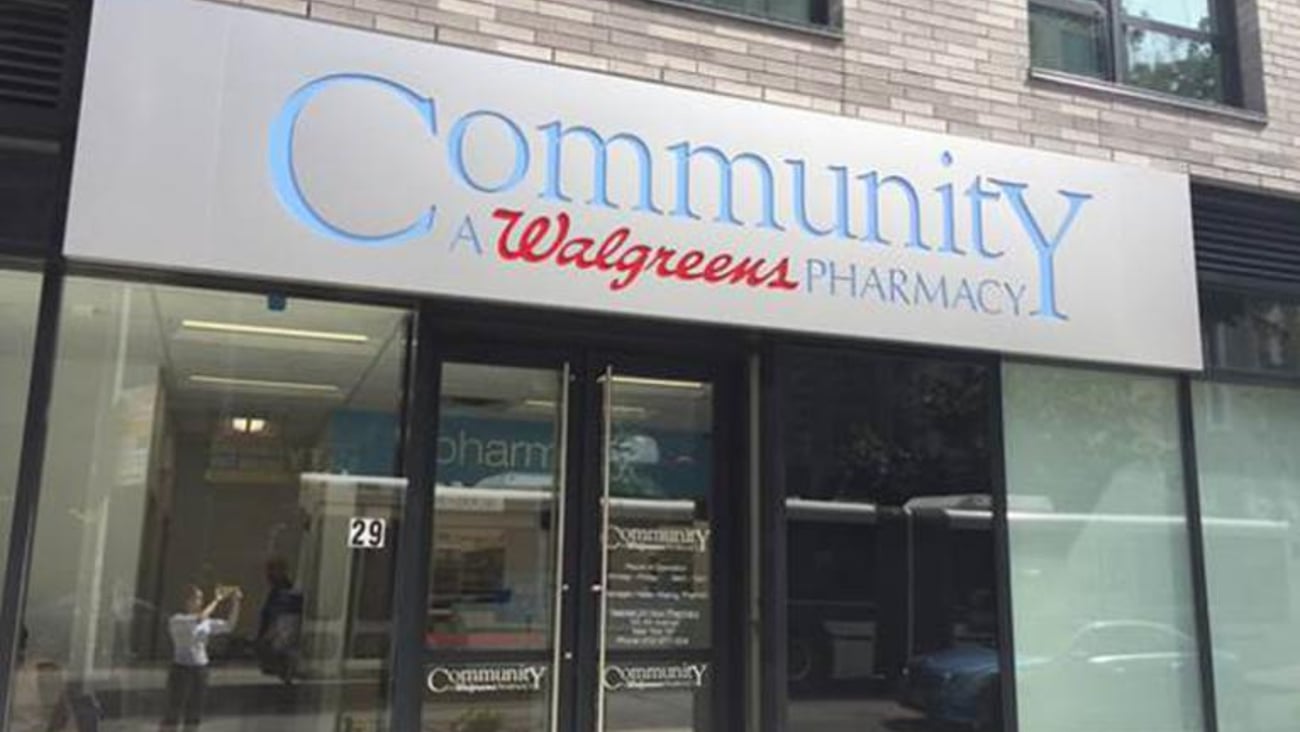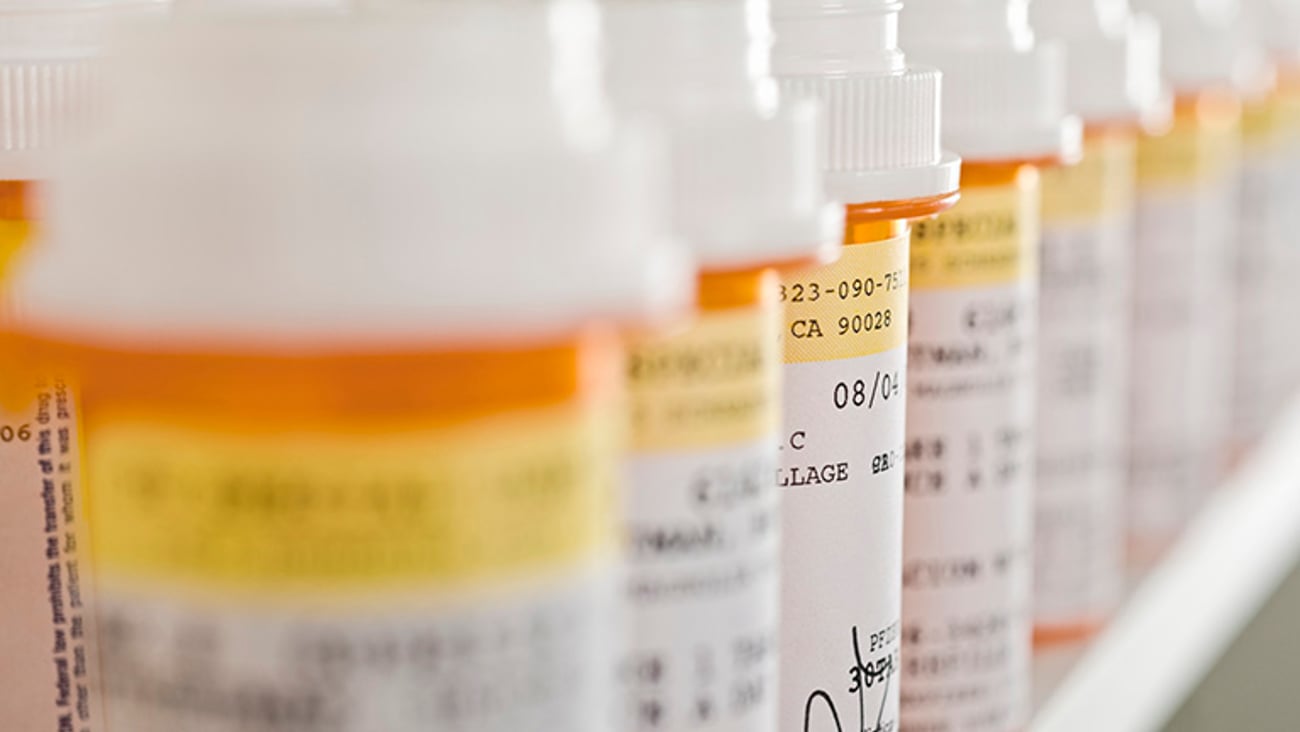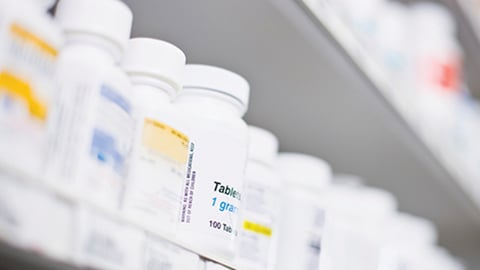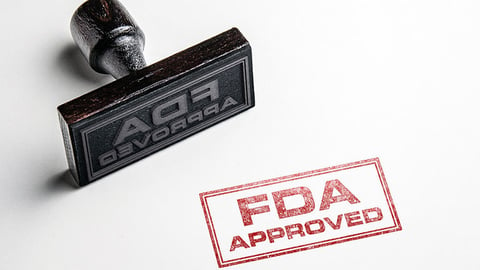-
Walgreens study finds results from pharmacy, specialty clinic collaboration
A recent Walgreens Center for Health and Wellbeing Research study assessed a collaboration between Piedmont Healthcare’s Hepatitis C specialty clinic and a Walgreens local specialty pharmacy and showed that a high proportion (94%) of Hepatitis C patients who were prescribed direct-acting antiretrovirals were able to achieve the primary outcome goal, sustained virologic response, even though many patients had advanced liver disease, previous treatment failure or previous liver transplants.
-
Perrigo launches 2 generics
Perrigo has introduced two products, a generic of Mycolog II Cream (nystatin and triamcinolone acetonide cream, 1 mg/gram) and the Exalgo (hydromorphone HCl) extended-release tablets.
The Dublin, Ireland-based company’s Mycolog II Cream generic is indicated to treat cutaneous candidiasis. The drug had annual generics sales of $81 million for the 12 months ended September 2017, according to IQVIA data.









